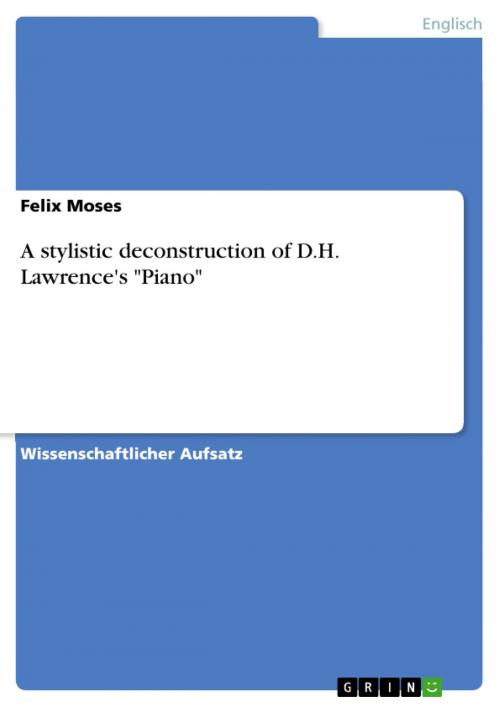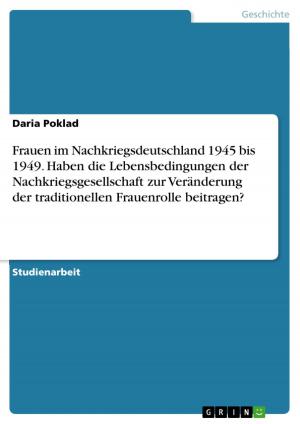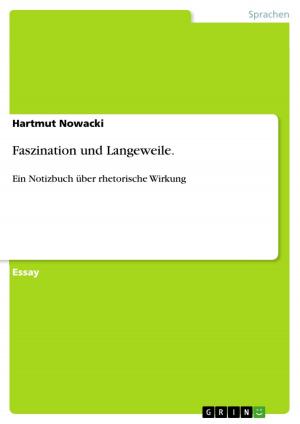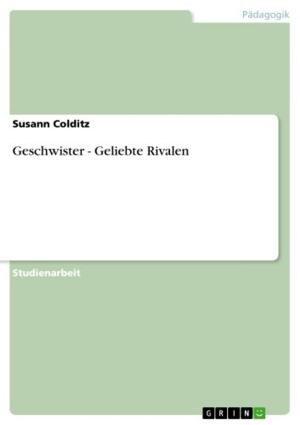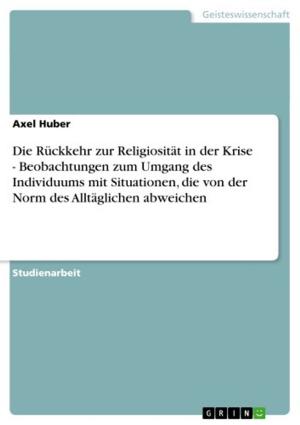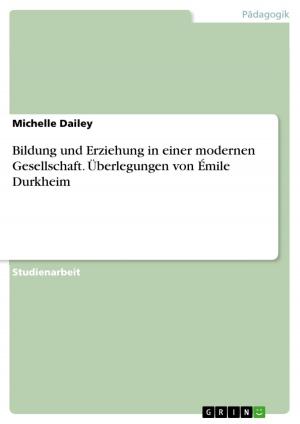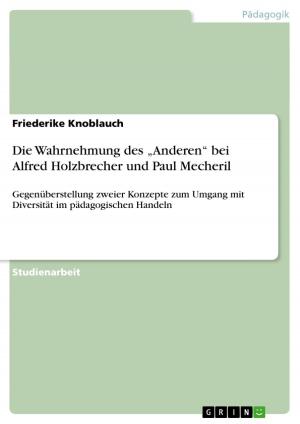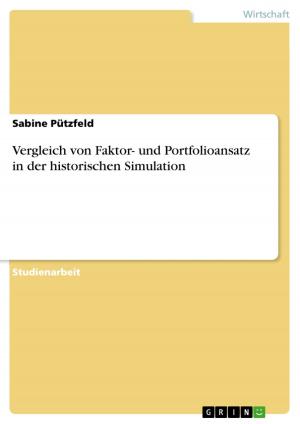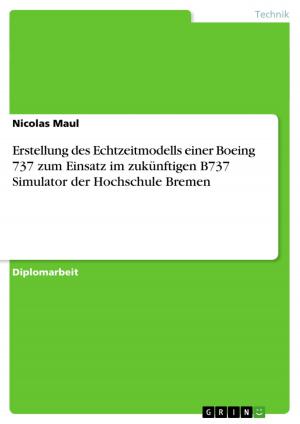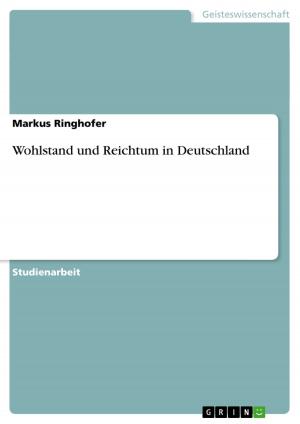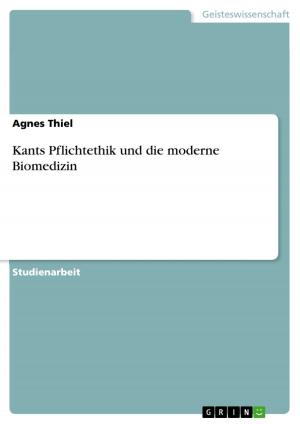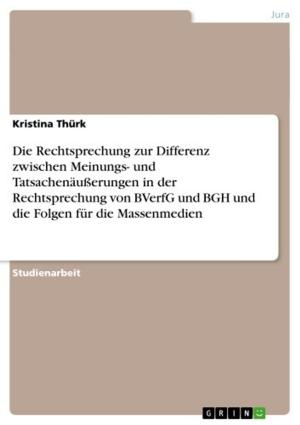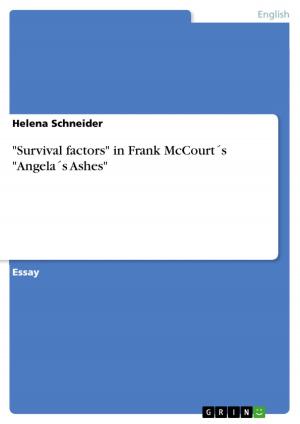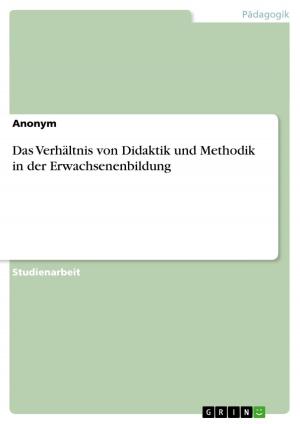| Author: | Felix Moses | ISBN: | 9783640772483 |
| Publisher: | GRIN Verlag | Publication: | December 8, 2010 |
| Imprint: | GRIN Verlag | Language: | German |
| Author: | Felix Moses |
| ISBN: | 9783640772483 |
| Publisher: | GRIN Verlag |
| Publication: | December 8, 2010 |
| Imprint: | GRIN Verlag |
| Language: | German |
Wissenschaftlicher Aufsatz aus dem Jahr 2010 im Fachbereich Anglistik - Linguistik, Madras Christian College , Sprache: Deutsch, Abstract: Abstract: This article demonstrates the use of stylistics in deconstructing D.H. Lawrence's Piano. A careful and complete analysis of one schematically foregrounded style marker the concrete countable noun 'piano' which has been incrementally repeated thrice, provides persuasive evidence of the overall value of stylistics as a 'bridge discipline' (Leech 2) between linguistics and literary theory to enhance the appreciation of Lawrence's poetic artistry and genius. Incremental repetition which by itself, 'is probably the most readily identifiable of ballad characteristics,' (Bold 29) has been schematically foregrounded in the literary text Piano. The deconstructive analysis of this schematically foregrounded feature reveals the aporia and the impossibility of unravelling the various ambiguities which are easily overlooked in a commonsensical, liberal humanist 'expressive realist' reading of the poem.
Wissenschaftlicher Aufsatz aus dem Jahr 2010 im Fachbereich Anglistik - Linguistik, Madras Christian College , Sprache: Deutsch, Abstract: Abstract: This article demonstrates the use of stylistics in deconstructing D.H. Lawrence's Piano. A careful and complete analysis of one schematically foregrounded style marker the concrete countable noun 'piano' which has been incrementally repeated thrice, provides persuasive evidence of the overall value of stylistics as a 'bridge discipline' (Leech 2) between linguistics and literary theory to enhance the appreciation of Lawrence's poetic artistry and genius. Incremental repetition which by itself, 'is probably the most readily identifiable of ballad characteristics,' (Bold 29) has been schematically foregrounded in the literary text Piano. The deconstructive analysis of this schematically foregrounded feature reveals the aporia and the impossibility of unravelling the various ambiguities which are easily overlooked in a commonsensical, liberal humanist 'expressive realist' reading of the poem.
